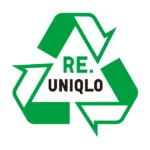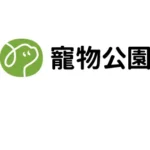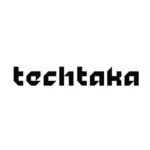Uniqlo is set to enhance its sustainability endeavors by expanding its sales of used clothing, introducing a range of refurbished spring and summer items. This move, part of parent company Fast Retailing’s broader sustainability strategy, aims to provide budget-friendly, eco-conscious options to consumers, showcasing a commitment to environmental responsibility and innovative retail practices.
Starting late March, selected Uniqlo stores will feature collections of pre-owned, refreshed garments, including uniquely dyed T-shirts and dress shirts. This initiative follows a successful pilot in Tokyo’s Harajuku, where a diverse customer base embraced the value proposition of high-quality, affordable reused apparel. The feedback from this trial has been promising, indicating a market receptive to sustainable fashion solutions.
Uniqlo’s journey in clothing recycling and donations dates back to 2006, with a significant impact through contributions to refugee camps and disaster-stricken regions. The introduction of the Re.Uniqlo program in 2020 marked a pivotal step in transforming collected garments into new products, like recycled down jackets, thereby reducing carbon emissions significantly compared to traditional production methods.
The brand’s proactive approach extends to its repair service, Re.Uniqlo Studio, enhancing garment longevity and reducing waste. This service, alongside the used clothing sales, positions Uniqlo at the forefront of the retail industry’s shift towards sustainable and circular fashion practices, mirroring global trends and consumer expectations for environmentally friendly options.
As the apparel industry faces increasing scrutiny over its environmental footprint, Uniqlo’s initiatives reflect a growing industry imperative to adopt recycling-oriented business models. The company’s efforts align with those of international peers, like H&M, who have also embraced the resale and recycling of garments, underscoring a shared industry commitment to reducing the sector’s carbon impact and fostering a more sustainable future.




